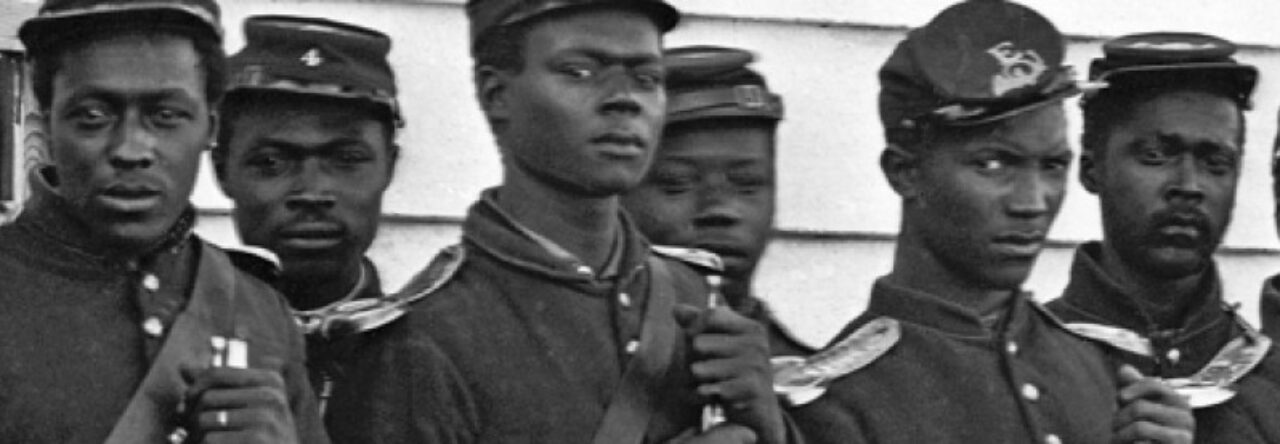It is possible that no war in American history has been as well preserved in the words of its participants as the Civil War. The soldiers and their families were products of a society where literacy was highly valued and where communication technology had not yet developed to the point where ordinary participants could easily dispense with paper. The result has been a war richly documented with letters, diaries, newspapers, speeches and all types of written artifacts. By contrast, today’s conflicts threaten to prove far less transparent to future historians because it’s so much easier for us to talk, Skype, tweet and communicate in so many ways other than in long, expressive written sentences. It will prove hard to answer the question of “why they fought?” by relying on sources that kept within a 140-character limit.
However, there is at least one digital format that offers some hope for the future historian. Blogging is a convenient but also a reflective media. To demonstrate this proposition, we are asking participants in the Civil War & Reconstruction online graduate course to blog about their learning experiences over the five-day session. There is no minimum or maximum requirement, nor any particular format required, but we are hoping that every participant will at least experiment with blogging on this WordPress platform to see if it offers value as a educational tool. Our hope is that everyone will benefit to a degree and that some of you might become devoted and regular educational bloggers.
There are a number of models to consider. First, please check out the Blog Divided from the House Divided Project at Dickinson. It is not a typical blog, but it is a resource created for teachers about the Civil War era. The New York Times has sponsored a beautifully written and important blog series on the war called, Disunion, that should be featured in every high school and undergraduate course on the Civil War. Civil Warriors is another excellent and well written blog series on the conflict with a focus on military history. Teachers might especially enjoy Civil War Memory from former high school instructor Kevin Levin because it deconstructs various efforts at remembering the conflict. Another blog that might prove particularly useful to teachers is Civil War Emancipation from Donald R. Shaffer, since he focuses on a topic that nearly everybody teaches at every level.


Sharolyn Griffith
I am thrilled to be participating in this online course on the Civil War. As a Westerner (I’ve lived here all my life), the Civil War did not inform my identity like it does the fabric of much of the South. I grew up with pioneer, Indian, mountain men and gold rush stories. I love to travel to the South and have always giggled when I get called a “Yankee,” because that is not how I identify myself at all.
I love learning and teaching American history and have many friends in every state. I was intrigued by Professor Pinsker’s comment this morning about your perspective being highly influenced by your address. I completely agree but also am grateful for people who really try to step back and look at the sources in an attempt to find truth and objectivity in history. I wholeheartedly agree that the cause of the Civil War was slavery. It was interesting to me to go to South Carolina earlier this summer with a group of teachers as part of our Teaching American History grant. We picked up a booklet at one of the museums called, “The Un-Civil War: Truths Your Teacher Never Told You,” not giving it a care until I returned. I recently read the introduction. It says, regarding the causes, “The war was not really very much about slavery.” The essays have the agenda to uphold the honor of the Confederate soldier and the Southern cause.
So, that is a reason why I am here, to keep learning about the Civil War, how to teach it, and, with the idea that I will be responsible for helping students understand what I believe the cause was, based on the evidence. I have been engaged in this quite a bit already, having students read some of the secession ordinances, the Cornerstone Speech, etc., but I look forward to being further enlightened, as I was this morning with the discussions on Dred Scott and John Brown. I’ve already been stimulated and look forward to more.